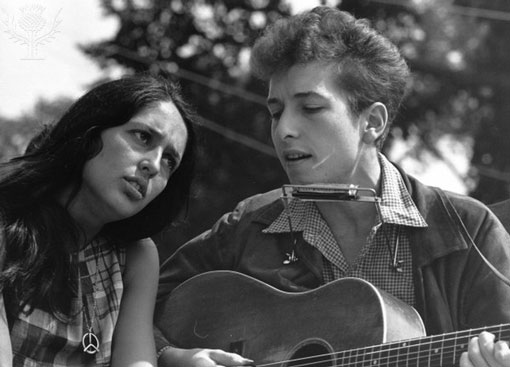MA in Music

Our MA in Music has great cultural and thematic breadth, and during your studies you will engage with classical, popular and folk music from around the world. Above all, the MA gives you the opportunity to study music that is of interest to you, and it culminates in a project on a topic that you yourself choose. You can study the degree entirely online.
The MA comprises two modules, A890 and A891.
In the first of these you study what musicology is and how it can be done. You will encounter a wide range of music from across the world in a number of different genres. In Block 1 you will look at the history of how music is studied and how the idea of musical knowledge has changed especially over the last century. This block focuses on research questions – how to identify them, and how to develop your own – and also deals with the theme of inclusion and exclusion. Block 2 focuses on how to identify, evaluate and use a wide range of sources within your research. The block examines both the practice of music and the practice of research. Block 3 guides you towards looking critically at different research methods and focuses on tools and technology, again, both in terms of music and music research. Block 4 introduces the use of theory in music research and is based on the theme of people and communities.
In the second module, A891 (available from September 2025), you will plan and implement a dissertation project on a subject of interest to you. An initial block of teaching material provides guidance for developing projects in five areas of music study: historical musicology, critical and hermeneutical studies, ethnographic research, practice-led research, and popular music studies. At the conclusion of this block, you will submit and receive feedback on a proposal in which you outline your project plan. The remaining weeks of study are devoted to researching and writing up the 13,000-word dissertation that is the culmination of your MA studies.
Request your prospectus
![]()
Explore our qualifications and courses by requesting one of our prospectuses today.
